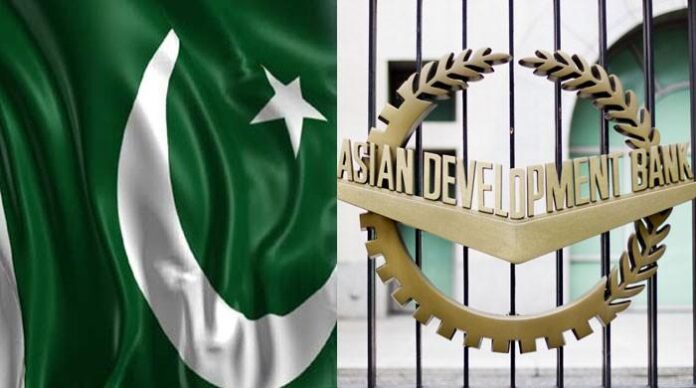ISLAMABAD: Pakistan’s economic growth is expected to rebound this year before gaining pace in 2022 as business activity gradually resumes after the coronavirus disease (Covid-19) pandemic, the Asian Development Bank (ADB) said in a report on Wednesday.
According to the Asian Development Outlook (ADO) 2021, ADB’s annual flagship economic publication, Pakistan’s economy will grow by 2 per cent in 2021 as Covid-19 restrictions ease. Assuming the Covid-19 vaccine rollout is successful and economic stabilisation measures are implemented, growth is expected to accelerate to 4 per cent in 2022 with improved consumption and investor confidence.
“It is vital for Pakistan to continue to combat the pandemic by rapidly deploying vaccines and continuing with reforms to support economic recovery, including strengthening social protection and supporting the private sector,” said ADB Acting Country Director for Pakistan F Cleo Kawawaki.
“Improving access to finance for small and medium-sized enterprises is essential to unlocking business opportunities and stimulating new jobs. Continued macro-economic stability and increasing competitiveness are also key pillars under ADB’s Pakistan Country Partnership Strategy 2021–2025 that will support an inclusive and sustainable recovery.”
For FY2021, industry appears poised for robust growth led by manufacturing and construction. Services are expected to rebound as retail and trade picks up. Agriculture is projected to see slower growth mainly due to a sharply lower cotton harvest following heavy rains, pest attacks, and continued contractions in cultivated areas of land.
Inflation is projected to come down to 8.7 per cent in FY2021, partly reflecting an expected improvement in food supply, subsidies for wheat and sugar, and closer price monitoring of essential commodities.
The State Bank of Pakistan (SBP), the central bank, maintained its policy rate at 7 percent to support the economic recovery. Investment is expected to strengthen as global sentiment improves and the stabilisation programme supported by the International Monetary Fund progresses.
The report noted that strong support for small and medium-sized enterprises (SMEs) is needed to stimulate growth and ensure jobs for young people entering the labour market. Licensing and registration processes need to be simplified to facilitate the movement of informal SMEs into the formal sector. Digitisation could also expand their access to financial services and export markets.




